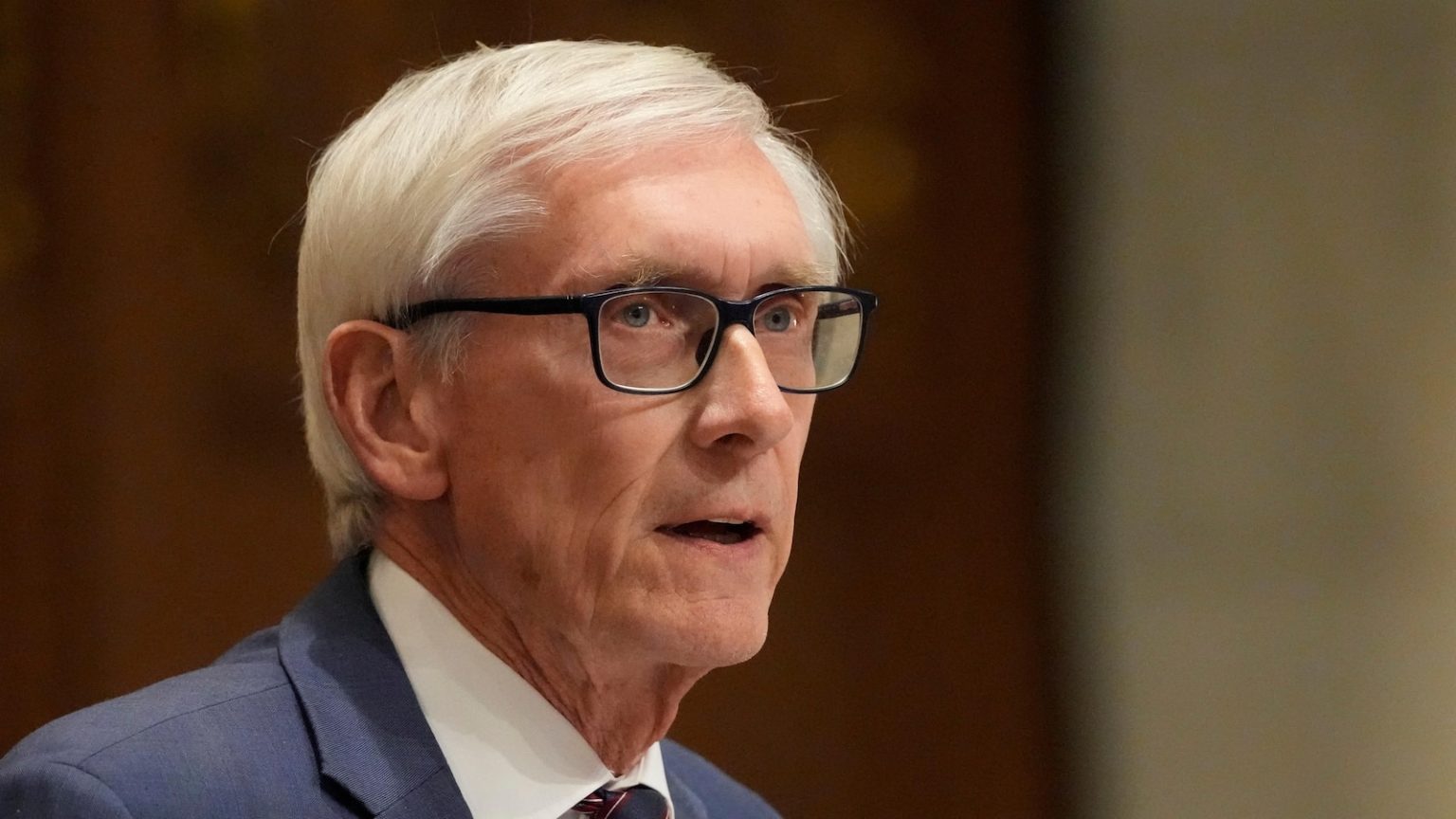MADISON, Wis. — Wisconsin Democratic Gov. Tony Evers and Republicans who control the state Legislature announced a deal Tuesday on a new two-year budget that cuts income taxes, increases funding for the Universities of Wisconsin despite a threatened cut and raises taxes to pay for transportation projects.
The deal in the battleground state, where Evers and Republicans have a long history of not working together, emerged the day after the deadline for enacting a new budget. However, there is no government shutdown in Wisconsin when the budget is late. The Legislature is scheduled to pass it this week.
Evers called the deal “a pro-kid budget that’s a win for Wisconsin’s kids, families, and our future.”
Here is what to know about Wisconsin’s budget deal:
Evers and Republicans agreed to $1.3 billion in income tax cuts largely targeting the middle class. More than 1.6 million people will have their taxes cut an average of $180 annually.
The deal would expand the state’s second lowest income tax bracket and make the first $24,000 of income for people age 67 and over tax-free. It also eliminates the sales tax on electricity, saving taxpayers about $156 million over two years.
Republican legislative leaders praised the deal as providing meaningful tax relief to the middle class and retirees.
“This budget delivers on our two biggest priorities: tax relief for Wisconsin and reforms to make government more accountable,” Republican Assembly Speaker Robin Vos said in a statement.
And Senate Republican Majority Leader Devin LeMahieu praised it as a compromise that cuts taxes but also stabilizes the state’s child care system and strengthens schools by increasing special education funding.
The Universities of Wisconsin would see a $256 million increase over two years, the largest funding increase for the UW system in about two decades. UW Regents had asked for an $855 million overall increase and Republicans in June floated the possibility of an $87 million cut.
The deal also imposes a faculty minimum workload requirement and calls for an independent study on the system’s future sustainability.
There will be $200 million in additional tax revenue to pay for transportation projects, but Evers and Republican leaders did not detail where that money would come from.
The agreement increases funding for child care programs by $330 million over two years, a third of which will be direct payments to providers. The money will replace the Child Care Counts program started during the COVID-19 pandemic. That program, which provides funding to child care providers, expired on Monday. Evers, Democrats and child care advocates have been pushing for additional funding to address child care shortages throughout the state.
Funding for K-12 special education programs will increase by $500 million.
State employees, including at the university, would get a 3% raise this year and a 2% raise next year.
The budget deal was reached after Republicans killed more than 600 Evers proposals in the budget, including legalizing marijuana, expanding Medicaid and raising taxes on millionaires.
It is the first time the Legislature has missed the June 30 budget deadline since 2017. All three prior budgets passed by the Legislature since Evers has been governor were on time, until this one. Republicans have held the majority in the Legislature since 2011.
Republicans negotiated more with Evers on this budget than the previous three when their majorities in the Senate and Assembly were larger. Democrats gained seats in November and are pushing to take majority control of at least one legislative chamber next year.
Amid the ongoing talks last week, Assembly Republicans urged bipartisanship to reach a deal.
The Legislature’s budget-writing committee is scheduled to vote on the plan Tuesday. The full Legislature is set to meet starting Wednesday to give it final passage.
Republicans hold a narrow 18-15 majority in the Senate, and with two GOP senators previously saying they planned to vote against the budget, some Democratic votes were expected to be needed to pass it.
Once the budget clears the Legislature, Evers will be able to make changes using his expansive partial veto powers. But his office said Evers would not veto any budget provisions that were part of the deal he reached with Republicans.
Evers, who is midway through his second term, has said he will announce his decision on whether to seek a third term after he has signed the budget. He has 10 business days to take action on the spending plan once the Legislature passes it.
___
Associated Press writer Todd Richmond contributed to this story.
